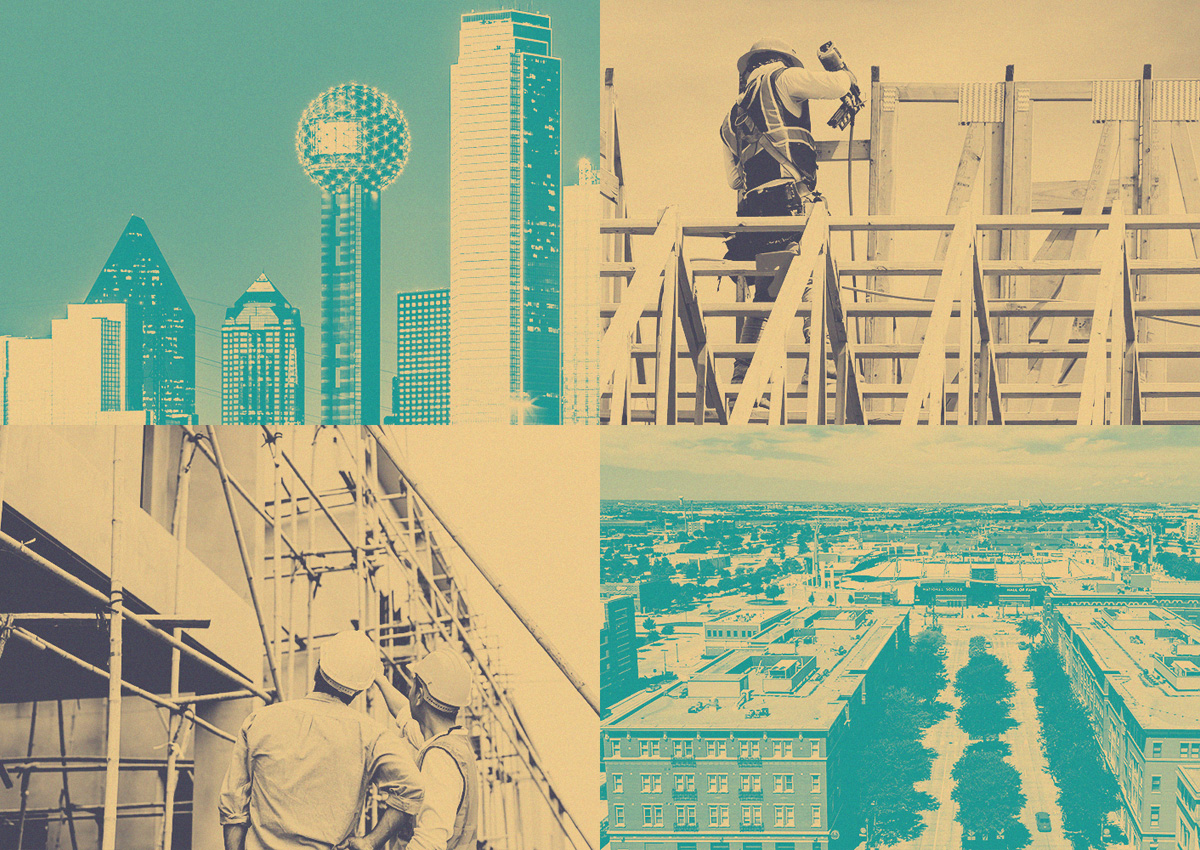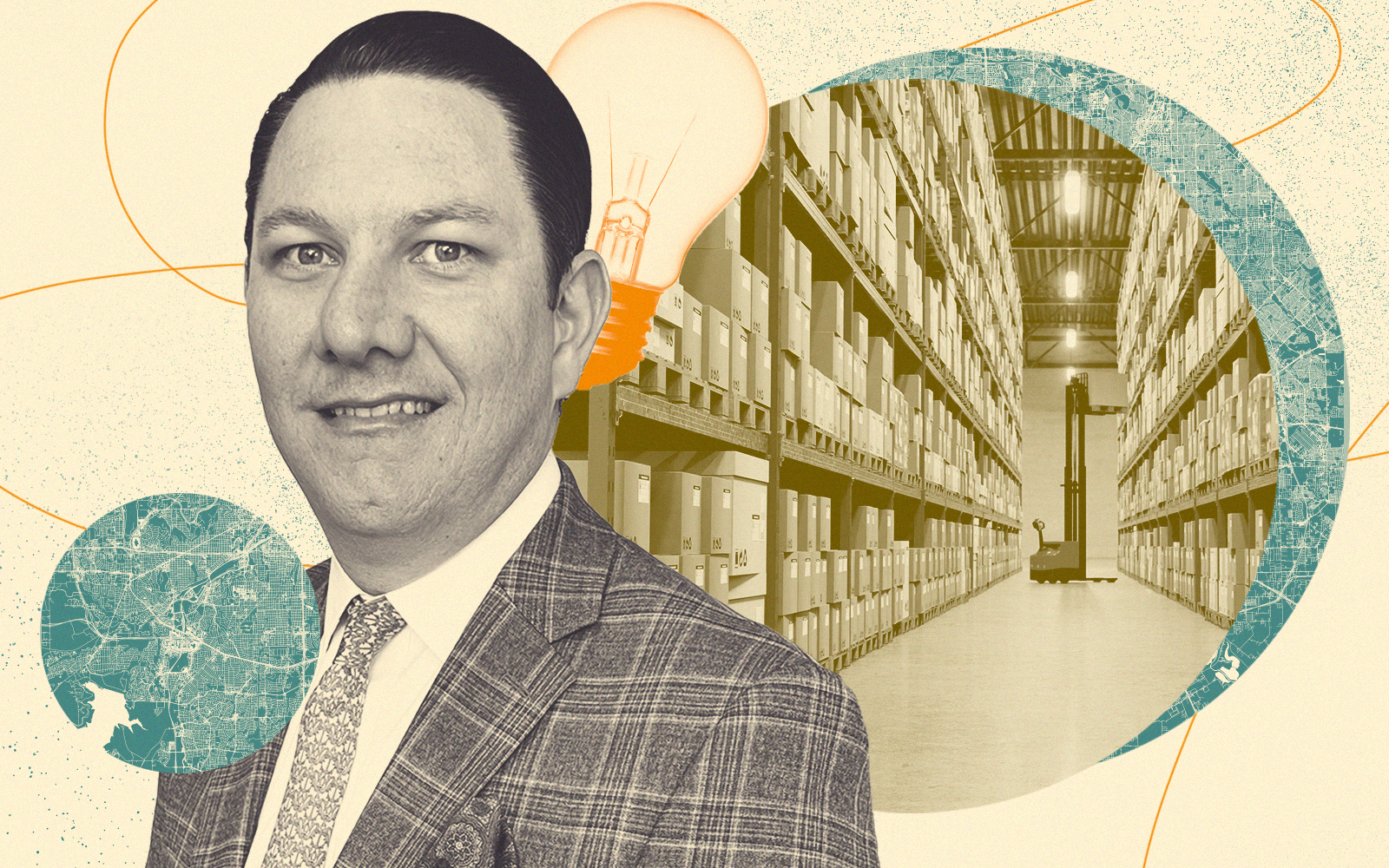Fort Worth is the fastest-growing major city in the nation, and its real estate scene has started to explode as a result.
Roughly $2.3 billion worth of developments are under construction or in the pipeline in Fort Worth, comprising a wide range of projects, the Wall Street Journal reported, citing comments from JLL’s Todd Burnette.
Fort Worth’s population has risen 4.1 percent since 2020 to about one million, marking the sharpest increase among the 30 most populous U.S Cities. Residents and companies from the East and West Coasts are flocking to the area largely because of Texas’ lower cost of living, business-friendly policies and tax incentives. Charles Schwab is planning to relocate its headquarters from San Francisco to Fort Worth, for example.
“We’re in the early stages of what’s happened in Austin,” Burnette told the outlet.
A notable project in the works is Texas A&M University System’s three-building research campus in southeast Fort Worth. Construction started earlier this month, and it’s expected to be completed by 2027. Texas A&M has landed a tentative deal with aerospace company Lockheed Martin to operate training and research facilities, and the school is discussing partnerships with other businesses in the engineering, medical, tech and aviation fields.
Developer John Goff is planning a $275 million mixed-use project called Crescent Fort Worth, set to open later this year. The project is slated for 168,000 square feet of office space, 175 upscale rental units and a 200-room luxury hotel. Separately, Dart Interests paid $18 million for the Fort Worth Central Library with plans to convert the 2.5-acre site into another large mixed-use development.
Even Fort Worth’s office sector is strong enough to where new development is needed, while office markets in most other cities are declining due to the pandemic-fueled remote work movement, leading to sky-high vacancy rates and a slew of distressed office buildings.
Read more



Downtown Fort Worth’s office vacancy rate has remained at roughly 13 percent since the pandemic, compared to 30 percent in Dallas and just under 20 percent in Austin.
While a number of projects are in the pipeline, it could take a while for some of them to break ground given the current market conditions. High interest rates and construction costs, a tight lending climate and fears of a potential recession have hindered development activity in Fort Worth, as many developers wait for the market to recover more broadly.
—Quinn Donoghue
